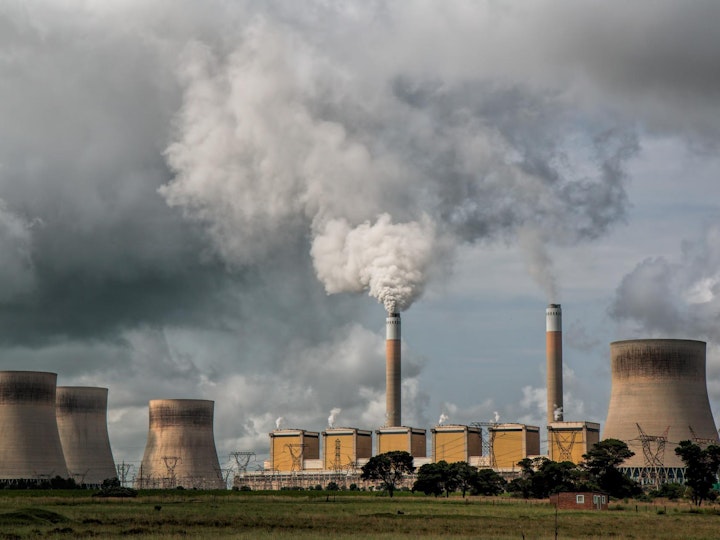What impact will a ‘windfall tax’ have?
Rishi Sunak is planning to catch some of the profits of energy companies through a ‘windfall tax’ and use it to fund cost-of-living support measures. Professor Brian Scott-Quinn takes a look for Leading Insights.

What is a windfall tax?
A windfall tax is a levy that falls on a company if it generates unexpected supernormal profits, not due to its own efforts. Shareholders are the ones who pay this tax as the purpose of equity shares (as distinct from debt capital) is to absorb unexpected changes in costs such as a windfall tax, as well as unexpected reductions or increase in revenues. In theory, such taxes should not change the behaviour of a company - for example its investment policy - whereas an announcement of an increase in corporation tax might do so.
Why are oil and gas companies doing so well?
Oil and gas companies are in a position today where unexpected outside circumstances have resulted in a huge increase in income without a similar increase in costs. This huge increase has not come as a result of increasing efficiency or entrepreneurial skill. So a question we could ask is whether a windfall tax is simply a way in which a government can ensure that, over time, such companies only generate ‘normal’ profit for their shareholders, meaning a return proportionate with the risks they take. It must be remembered, however, that back in 2020, the five integrated supermajors – ExxonMobil, BP, Shell, Chevron, and Total – posted a combined record loss of $76 billion. Today, some are also having to write off billions of dollars of investments in Russia.
What about ‘green’ energy?
In the case of power generation or distribution companies which might also be subject to this type of tax, there are different things to consider than for oil and gas companies. With 40% of UK power still being generated by oil, gas and coal, such fossil fuel generators will have seen a huge increase in their costs, but not necessarily a proportionate increase in their revenues (no windfall gain). Indeed, for those who sell power in the markets for future delivery, their expected revenue in the future may be less than their cost of generation. In the case of wind, solar and nuclear, on the other hand, for some companies, revenues may increase as power prices rise and forward sales of power at lower than current market prices expire. At the same time there will have been little change in their cost of power generation. But for other companies operating with what is known as a ‘Contract for Difference’ (CFD) arrangement, the government is already taking back such gains in exchange for paying out if power prices fall below an agreed level.
Are windfall taxes fair?
So, is it ‘fair’ that government should intervene in a market with a tax on profits designed to offset such windfall gains? Following on from this is whether or not such a tax would result in less investment in the energy transition by oil and gas companies moving away from fossil fuels to clean energy and by solar, wind and nuclear companies in their investment plans for their expansion of clean energy.
On the issue of ‘fairness’ it can be argued that oil and gas companies have suffered periods of loss. But there is also the issue of fairness for the population of the country who are financing the supernormal profits of the oil and gas companies. Such companies do not operate in a vacuum set apart from society and, given that it is the population of a country that is transferring this unexpected wealth to such companies, it could be considered quite fair for a government to say ‘too much profit’ – thus some of the unexpected gains must be used to help the poorest people in society. It is, indeed, a key role of government to mediate between different interests in this case between shareholders whose beneficiaries are mostly pensioners on the one hand and on the other hand those members of society who are hit hardest by energy price rises at a time when food prices are also rising rapidly.
Will the windfall tax stop investment in green energy?
On the second issue of deterring investment, the UK will still have a highly competitive corporate tax regime even after this windfall tax is imposed. What is more likely to determine levels of investment in new offshore wind and nuclear projects is whether the planning system for clean energy projects is reformed. and whether policy mechanisms such as contracts for difference (CFDs), which minimise risk for producers and the use of the Regulated Asset Base (RAB) model for financing nuclear, are well structured. Under these regimes, the government would be giving a quid pro quo to oil and gas companies if they make the societally attractive new investments in clean energy at the same time as imposing an additional one-time tax on them. Indeed, the chief executive of BP has said recently that ‘there are none (green energy investments) that we wouldn’t do‘.



